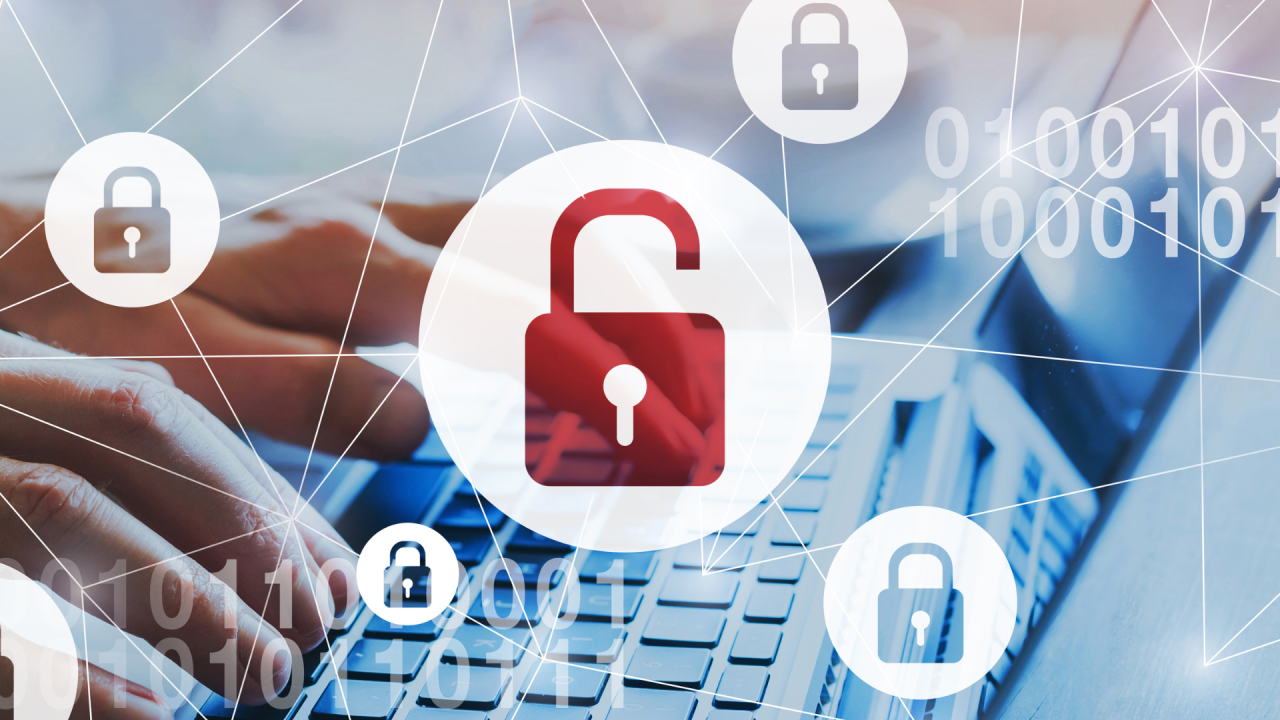
From Data Privacy Day to Data Privacy Week – Take Charge of Your Data in January 2024
Data Privacy Day is marked each year on January 28. An international effort to raise awareness about respecting privacy, safeguarding data, and enabling digital trust, Data Privacy Day began in the United States and Canada in January of 2008 as an extension of its European counterpart. In Europe, Data Protection Day commemorates the January 28, 1981, signing of Convention 108, the first legally binding international treaty on privacy and data protection. In 2023, the National Cybersecurity Alliance (NCA) expanded Data Privacy Day into Data Privacy Week to highlight the importance of data privacy and data protection.
In 2024, the theme of Data Privacy Week, between January 21 and 27, 2024, is “Take Control of Your Data,” to empower individuals to become aware and take charge of their digital and data footprint.
The UC Davis Campus Privacy Office will be celebrating this year by hosting a virtual discussion on legislative advocacy for the privacy of reproductive health information with Assemblymember, Rebecca Bauer-Kahan on Thursday, February 1, 2024. Click here to register for Privacy & Reproductive Justice in a Post-Roe World.
Know the trade-off between privacy and convenience
Nowadays, when you download a new app, open a new online account, or join a new social media platform, you will often be asked for access to your personal information before you can even use it! This data might include your geographic location, contacts, and photos.
For these businesses, this personal information about you is tremendously value — and you should think about if the service you get in return is worth the data you must hand over, even if the service is free.
Make informed decisions about sharing your data with businesses or services:
- Be selective about the apps you download. Check the app ratings and be aware of look-alike apps with similar names.
- Is the service, app, or game worth the amount or type of personal data they want in return?
- Can you control your data privacy and still use the service?
- Is the data requested even relevant for the app or service (that is, “why does a Solitaire game need to know all my contacts”)?
- If you haven’t used an app, service, or account in several months, is it worth keeping around knowing that it might be collecting and sharing your data?
Adjust privacy settings to your comfort level
For every app, account, or device, check the privacy and security settings. These should be easy to find in the Settings section and should take a few moments to change. Set them to your comfort level for personal information sharing; generally, we think it’s wise to lean on the side of sharing less data, not more.
You don’t have to do this for every account at once. Start small and over time you’ll make a habit of adjusting all your settings to your comfort. There are in-depth, free resources available like the National Cybersecurity Alliance's Manage Your Privacy Settings page that lets you check the settings of social media accounts, retail stores, apps, and more.
Protect your data
Data privacy and data security go hand-in-hand. Along with managing your data privacy settings, follow some simple cybersecurity tips to keep it safe. We recommend following the Core 4:
- Create long (at least 12 characters), unique passwords for each account and device. Use a password manager to store each password – maintaining dozens of passwords securely is now easier than ever.
- Turn on Multi-Factor Authentication (MFA) wherever it is permitted – this keeps your data safe even if your password is compromised.
- Turn on automatic device, software, and browser updates, or make sure you install updates as soon as they are available.
- Learn how to identify phishing messages, which can be sent as fraudulent calls, emails, texts, or direct messages, all designed to get you to disclose sensitive information, such as your SSN or credit card information.
Many thanks to Zainab Shakoor, Senior Campus Counsel and Privacy Officer at UC Davis, and the National Cybersecurity Alliance for the information provided for this article.
